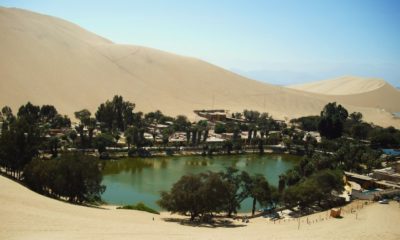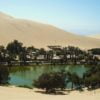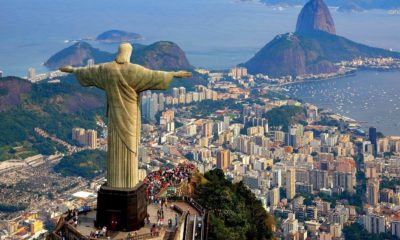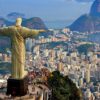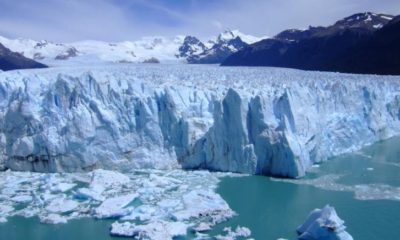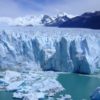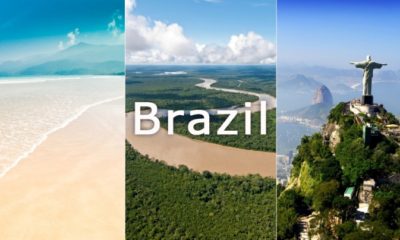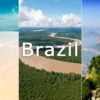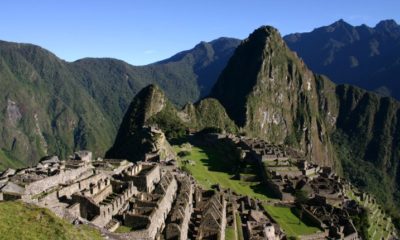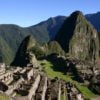South America
Backpacking Venezuela Need To Know
Basics
Language:
Capital:
Currency:
|
Dial Code:
Emergency Services Number:
Time Difference:
|
Entry
Citizens of most countries (including all EU countries, The US, Canada, Australia and New Zealand) do not need a visa for stays of up 90 days.
Don’t overstay the 90 days or you may be arrested and fined when departing.
Your passport should be valid for a minimum period of 6 months from the date of entry into Venezuela.
For official information visit your home government travel bureau.
Getting Around
Avoid travelling during the hours of darkness, as hijacking is common, including between Caracas and Maiquetia airport.
Always book taxi’s in advance, rather than hailing from the street, as many are unlicensed. Yellow plates usually indicate the taxi is licensed, but taxi’s with white plates are unlikely to be safe.
More detail is to come in this section, but you can read about general advice regardingGetting Around When You Get There
Recommended For Further Information
If you are heading to multiple destinations in South America I highly recommend picking up a copy of Lonely Planet’s; South America On A Shoestring. It provides the most relevant, up-to-date advice on what to see and skip, how to get around, where to stay, and how to optimise your budget for an extended continental trip…

Accommodation
Caracas has hostels, but you may struggle to find them elsewhere. Other accommodation is generally cheap.
Read more about Accommodation When You Get There and Living in Hostels
Food And Health
Food hygiene and safety in Venezuela is satisfactory, but is not up to Western standards. Use your instincts; if the place looks dirty, don’t eat there; if your food isn’t piping hot, don’t eat it.
Water is generally not safe to drink, so it is best to buy bottled or boil.
Public health facilities are poor, with frequent shortages of medicines and funding. Private clinics provide good quality care for routine treatments, but more complex treatments may require evacuation to Miami. Therefore make sure you have adequate travel health insurance and accessible funds to cover the cost of any medical treatment abroad and repatriation.
Dengue fever and malaria are present throughout Venezuela. Always contact your GP around 8 weeks before your trip to check whether you need any vaccinations or other preventive measures. Visit here for Recommended Vaccinations and read here for more about Travelling Health In General
Weather & Time To Go
Venezuela has a tropical climate. The hurricane season runs from around June to November, and can affect parts of northern Venezuela. The rainy season is from May to November, there may be flooding in low-lying areas. Therefore the best time to go is December to April.
Communications
Internet and wifi is widespread and is accessible in most hostels and hotels. International calling cards are also cheaply available.
Dangers And Considerations
Crime levels are very high.
Travel is often advised against to within 80km (50 miles) of the Colombian border in the states of Zulia, Tachira and Apure, so seek official advice.
Sabana Grande is not a safe area in which to stay in Caracas. Also avoid ‘barrios’ (heavily populated slums), as many of these are unsafe.
Violence and crime can occur anywhere and often involves firearms or other weapons. If you are ever threaten with a weapon always give up your belongings, it really isn’t worth it, especially as you should be fully insured.
Thieves, pickpockets and scam artists commonly operate in tourist areas and cities. Pickpockets often work in gangs, some distracting you while the others go into your bags, so be alert and try not to get distracted around tourist attractions and cash points.
It is not uncommon for thefts to take place when withdrawing cash from ATMs. ‘Express kidnappings’ occur in Venezuela; where victims are normally held while criminals empty their bank accounts with cash cards. Once the ransom is paid the victim is usually quickly released.
Passport thefts are common. Leave your passport in a hotel safe or security box and keep a photocopy of the details page with you at all times.
Drink spiking is common – buy your own drinks and keep them within sight at all times.
Don’t handle illegal drugs, detection methods are sophisticated and drug traffickers should expect to be arrested. Conviction leads to severe penalties, including up to 2 years on remand before sentencing and then a lengthy prison sentence of between 8 to 10 years. Conditions in Venezuelan jails are harsh and dangerous, and among the worst in the region.
Only exchange money at reliable places like banks and ATMs, as there are a great number of forged banknotes in circulation.
Protests are common, you should avoid all public gatherings and mass demonstrations, as they can sometimes turn violent.
It is illegal to photograph military or strategic installations including military airports and the Presidential Palace. Avoid plane spotting.
There are strong currents and undertows in some areas that can make swimming hazardous.
Certain types of groceries are sometimes rationed and you may only be able to buy limited quantities of these items in shops and supermarkets.
Dangers constantly change. Always check with your foreign office (British Foreign Office webpage) or travel advice bureau for the latest information regarding your destinations safety.
Read more about Safety And Security here
Respecting Culture
Venezuelans sometimes point to objects by pouting their lips and lifting their chin, so don’t assume that people are blowing kisses to you when you ask for directions.
It is strongly advisable not to talk politics, particularly Ex-President Hugo Chavez.
You might be called “gringo” or if you are of black race or dark skinned a “negro”, but it’s not meant to be offensive and is used in a friendly way (negro is Spanish for black).



